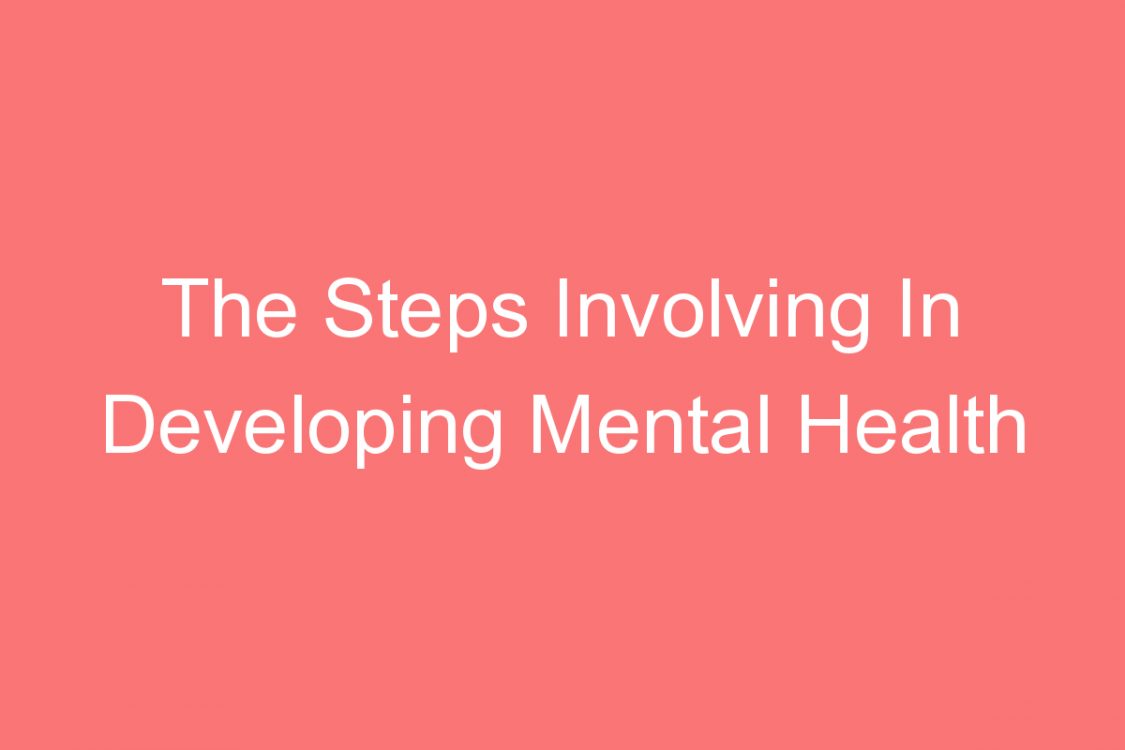The mental health policy must be based on the realities in India that exist like lack of number of professionals and trained staff. The geographical obstacles in India’s rural areas must also be taken into consideration for the creating a policy. Lack of funds is also a major issue. The mental health plan should serve every individual in the country including the oppressed, marginalized communities. The services should reach the needy and for that, better solutions are needed.
Different stakeholders including the people with mental illness, their care givers, representative of the NGO’s that work in the mental health field, mental health professionals, organizations that aims for social advocacy should be consulted for the creation of mental health policy. The policy should ensure that the opinions of these people are reflected in the policy. It should include rights of people with mental illness as directed in UNCRPD and other international conventions.
To create human right friendly mental services with greater equity and access, mental health establishments and professionals must be registered, monitored and licensed. There should be precautions in the policy to get an apolitical stand that transcend the cultural and social barriers such as caste, class, gender etc.
Developing mental health policy for country like India
Developing mental health policy for country like India need a lot of planning. First need assessment of the different diverse communities can be conducted. Hence the mental health policy will reflect the needs and wants of the communities in India. For that information and data for policy development must be gathered from the grass root levels. In order to bring a mental health policy in India, facts and figures are needed to substantiate the purpose of the policy. So the basic step is to collect enough data for policy development. It can be done using NSSO surveys in a larger sense including all the population in India.
Consultation and negotiation with the broad-based consultation committee, different stakeholders including the people with mental illness, their care givers, representative of the NGO’s that work in the mental health field, mental health professionals, organizations that aims for social advocacy can be conducted to create different opinions and guideline for creating a policy.
Different countries like US and UK have created their own mental health policies. Therefore that India can exchange information regarding the concepts with other countries. This will ensure that the policy will be culturally transcendental.
After that the vision, values, principles and objectives must be set that encompass the larger cultural diversity in India and determine areas for action. These areas must be prioritized because of the lack of funds and resources. Identification of the major roles and responsibilities of different sectors should also be considered for the creation of the policy.

